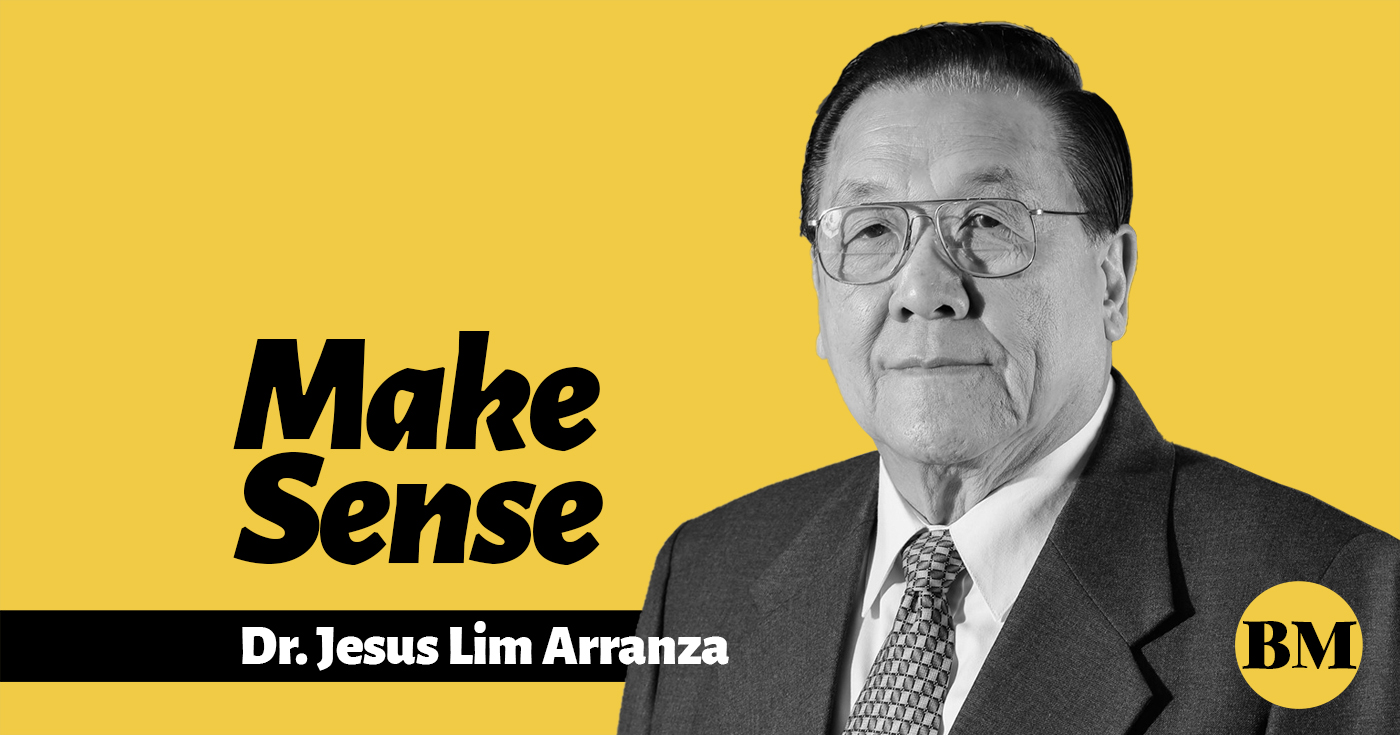
“Congratulations Mr. Chair on your appointment.
“Looking at the program of work of the Third Committee, I was reminded how unique the Third Committee is. Where in other committees we have intense discussions about war and peace, here we take care of the injured, sick and displaced by war—and abused at greater leisure, killed in greater numbers, and abused with more impunity in peace.
“Where in other committees we talk of rising temperatures and carbon footprints, here in Third, we measure the size of those footprints and their weight; and the fate of countries and communities crushed beneath them. Here we discuss the plight of women, children, the poor, marginalized, disabled—those easiest to pick on with impunity because they have learned to be resigned and uncomplaining.
“My country is committed to rise above history and the way things have been done—with fanfare for the publicity-seeking rich. We want to clear a space and make an interval of silence for the poor and weak—for the voiceless to be heard and hopefully listened to.
“The Philippines stays steadfast in promoting and protecting the vulnerable sectors of society. As my Foreign Minister said to the General Assembly, this world is fast becoming bigger yet seemingly getting smaller; yet with tighter connections we continue to ignore each other; taking cognizance of the other mostly when he annoys us. Yet as neighbors, we must exert effort to connect for the purpose of finding our commonalities instead of taking umbrage at our differences; for ways to help each other rather than hurt each other; we are neighbors for good.
“Together, we drew up and committed to the 2030 Agenda for Sustainable Development, our plan of action for people and planet: the first universal declaration of goals universal in their appeal and practical sense. The SDGs debunk the notion that good is a relative term. No, it is a universal term that shows that what is good for one can, with great forethought, be a good for all; and that what is good only for some is best set aside until the universal good is attained.
“Consistent with our commitment to Agenda 2030, the Philippine Government formulated Our Ambition 2040, a 25-year vision that foresees a prosperous and predominantly middle-class society where no one is poor and all enjoy a stable and comfortable lifestyle, secure in the knowledge that they can plan for their own and their children’s future, under clean, fair and caring governments—even as it forewarns where things can go wrong; where right things are twisted to wrong ends in self-seeking solutions. It aims to eradicate corruption in all levels of government and to translate the gains of good governance into direct, immediate and substantial benefits that empower the poor and marginalized segments of society so they can be equal in the direction of their lives like their better-off brethren.
“My government implements a cash transfer program that focuses on the human capital development of five million poor households. These households are not left to fend for themselves after they get the cash. Not surprisingly, the principal person in charge of the funds is the wife and mother with her correct priorities and practical sense; not the husband and father who might make a beeline for a small town gambling outlet or a stupefying beverage.
“Old age brings practical wisdom and a disabling skepticism; youth brings energy and hope though only some practical sense. Hence the adage: youth is wasted on the young. So we are looking forward to an imminent demographic dividend, with the young coming into the workforce in greater numbers in a country wisely prepared by the old to receive them and put to good use their innate energy and educated talent. In 2016, the Philippine Congress enacted free universal access to quality tertiary education.
“As we care for the youth, so we care for the most valuable members of humanity – the elderly who, in a long productive life, paid their dues and now as the day comes to a close may find themselves in the dark about how to go on with dignity when their utility has passed. Those who paid their dues by taxes deserve what is due them for actual contributions made rather than merely youthful promise given. It is now illegal to discriminate against the aged in employment.
“Mindful of our commitment to leave no one behind and to bring to the forefront of development those farthest behind, the Philippines joins other advocates in advancing the rights and freedoms of persons with disabilities and in protecting their dignity, recognizing that they too are agents and should be beneficiaries in all aspects of development. As we journey to the future, let us remember that the walk is not worth the effort if we cannot take everyone with us—beside us, behind us pushing us forward when we tire, and carried by us when they cannot walk. How we journey determines the worth of where we are going: the journey is the destination. Thank you.”
























